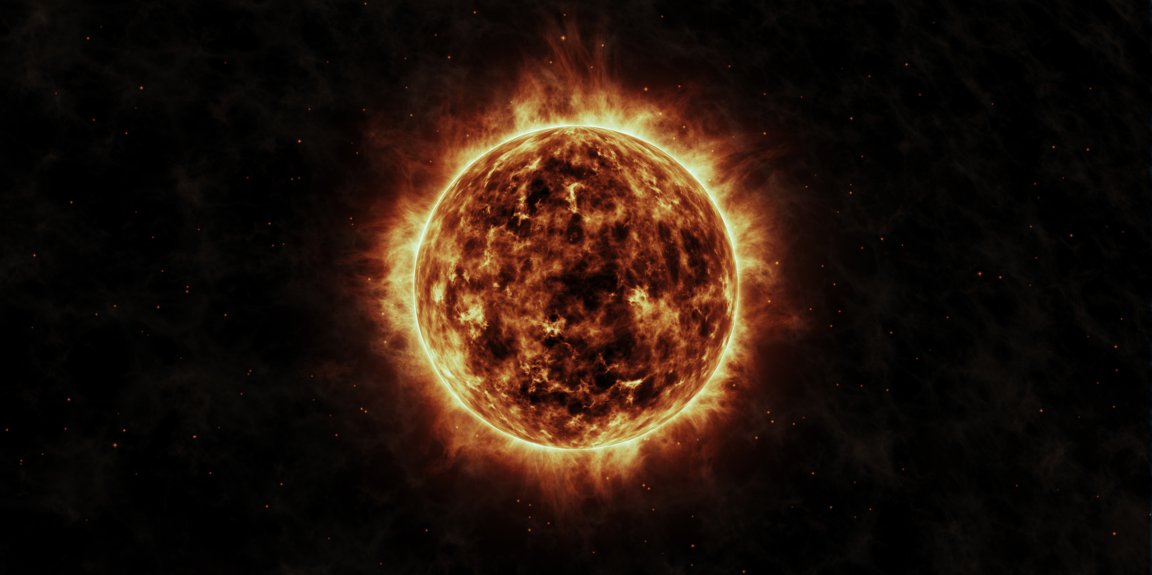
It’s Getting Hot In Here
Every atom in the universe likes heat. They like heat so much that atoms and subatomic particles vibrate and move around when they’re hot. The hotter they are, the faster they move. Along these same lines, the colder they are, the slower they move.
In fact, at absolute zero (0 Kelvin, −273°C, or −460°F), all movements from atoms completely stop. You can’t get colder than that. It’s like trying to go south from the South Pole or north from the North Pole; not only won’t it happen, it can’t.
The hottest thing that we know of (and have seen) is actually a lot closer than you might think. It’s right here on Earth at the Large Hadron Collider (LHC). When they smash gold particles together, for a split second, the temperature reaches 7.2 trillion degrees Fahrenheit. That’s hotter than a supernova explosion.
But Can We Go Hotter?
Theoretically, yes. The first contender for the hottest temperature is the Planck Temperature, which equals 100 million million million million million degrees, or 1032 K. You just can’t put this kind of temperature into perspective. There’s simply no way to wrap your head around this number. Saying that 1032 K is hot is like saying that the universe takes up some space.
This is as hot as you can get in normal physics because, once it gets any hotter, conventional physics just doesn’t work. Weird things happen. Gravitational force becomes as strong as the three other natural forces (electromagnetism and the strong and weak nuclear forces), and they merge together into one unified force. Understanding how this happens is referred to as the “theory of everything”—the holy grail of modern theoretical physics…something that we currently don’t understand.
The Hagedorn temperature is the highest temperature that we think we could actually reach. This is the point at which hadronic matter (all the normal, ordinary matter in the universe) is no longer stable and utterly breaks down. We reach this point at about 2 x 1012 K. Notably, some theoretical physicists posit that, at this point, hadronic matter doesn’t “evaporate” but, instead, transitions into quark matter, which can then be further heated. However, quark matter is a theoretical phases, and we aren’t sure if it actually exists.
Another contestant for the hottest temperature in the universe comes courtesy of string theorists, who say that the hottest temperature is 1030 K, a little cooler than the contestant above. This is because string theorists believe that the most basic things in the universe aren’t the normal particles that we are all familiar with, but vibrating strings, which have a different Hagedorn temperature than hadrons.
Unfortunately, it is impossible to test the predictions made by string theorists (and a lot of other predictions that exist at such extremes). As a result, we don’t know exactly what the highest temperature really is. But those mentioned above are the best contenders, according to physicists.